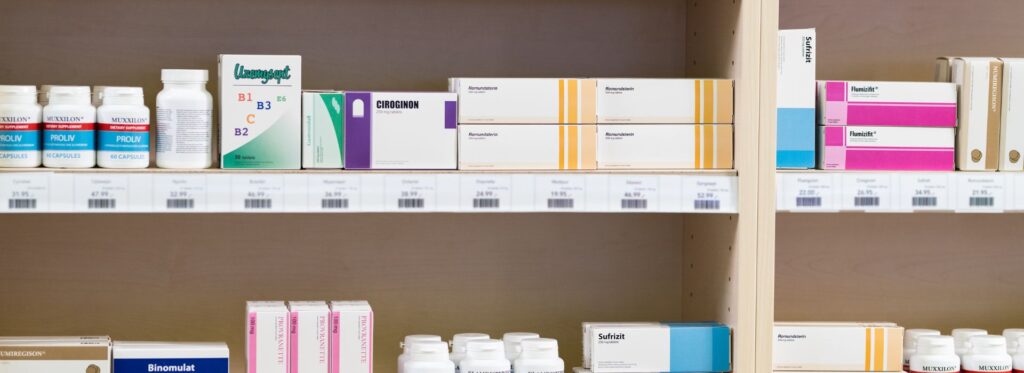Pursuing a career in pharmacy is an exciting journey within the ever-evolving landscape of healthcare. The first milestone on this path is successfully navigating the admission process for pharmacy school, which involves meeting specific prerequisites.
Academic Requirements
At the core of prerequisites for pharmacy school lie the academic requirements. In the United States, most pharmacy schools require a minimum of two years of undergraduate study. However, it’s not uncommon for some schools to require a completed Bachelor’s degree. The curriculum during these foundational years should ideally cover a broad range of scientific subjects. Potential students are often required to have studied courses in biology, chemistry (including organic), physics, and mathematics. Other beneficial courses may include anatomy, physiology, microbiology, and biochemistry. Don’t forget the potential value of humanities and social sciences as well, as some institutions consider these as part of their prerequisites.
Pharmacy College Admission Test (PCAT)
A pivotal element for many pharmacy schools is the Pharmacy College Admission Test, commonly known as the PCAT. This test is designed to assess your skills and knowledge in areas such as biological processes, chemical processes, quantitative reasoning, as well as your abilities in critical reading and writing. A high score in the PCAT can notably enhance your chances of gaining a place in a highly-regarded pharmacy school.
Experience and Skills
While it’s not always a strict requirement, having experience in a pharmacy or healthcare-related setting can significantly boost your application. Engaging in voluntary work, internships, or employment in hospitals, clinics, or pharmacies, can offer invaluable insights into the profession and demonstrate your commitment. Moreover, certain skills such as communication, problem-solving, leadership, and teamwork are fundamental for success in the pharmacy field.
Letters of Recommendation
Letters of recommendation form an integral part of the application process for most pharmacy schools. These letters, ideally from professors, employers, or others who can vouch for your academic prowess, work ethic, and suitability for the pharmacy profession, can make a notable difference in your application.
In summary:
- Pharmacy school prerequisites involve specific academic requirements, often including a minimum of two years of undergraduate study, with a focus on scientific subjects.
- Many pharmacy schools require the PCAT, which assesses knowledge and skills in several key areas.
- Experience in a pharmacy or healthcare-related setting can greatly enhance your application, as can the demonstration of crucial skills like communication, problem-solving, leadership, and teamwork.
- Letters of recommendation, particularly from those who can attest to your suitability for the pharmacy profession, are typically required as part of the application process.

